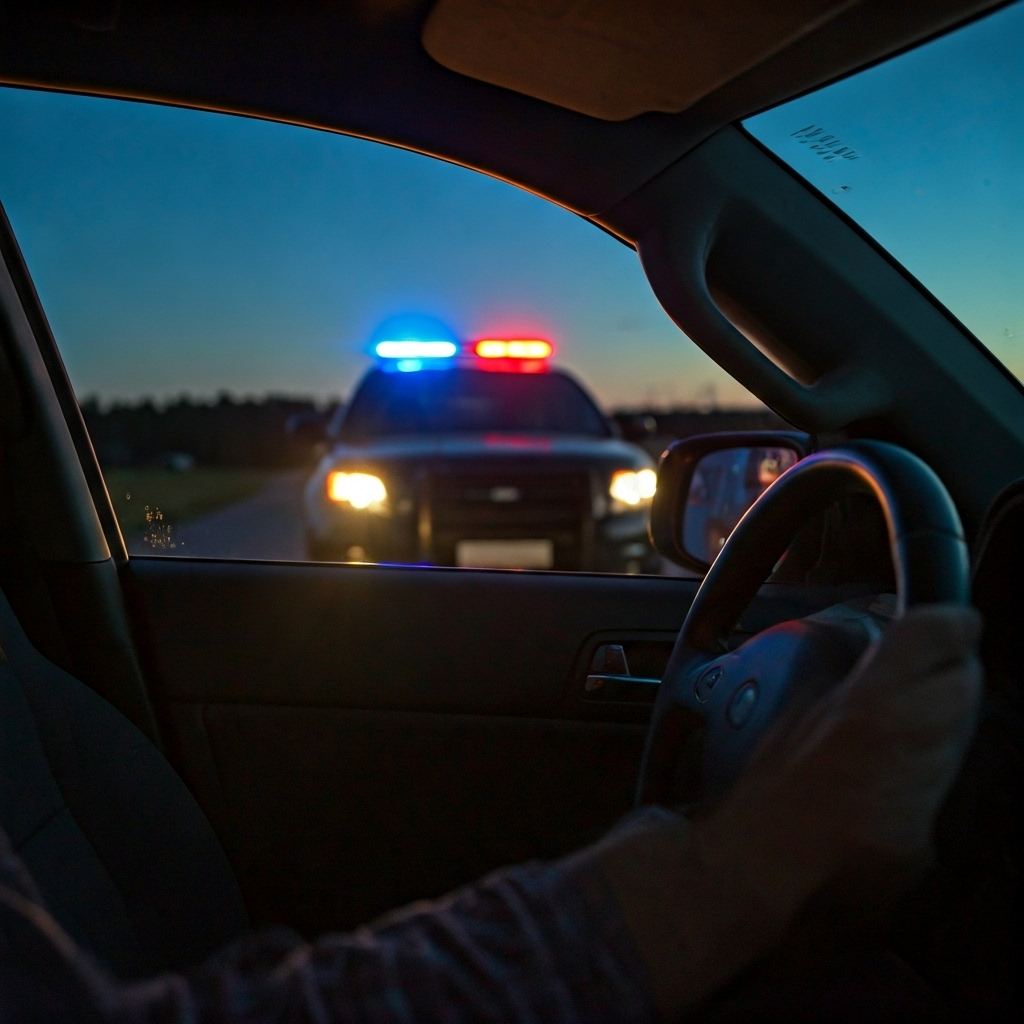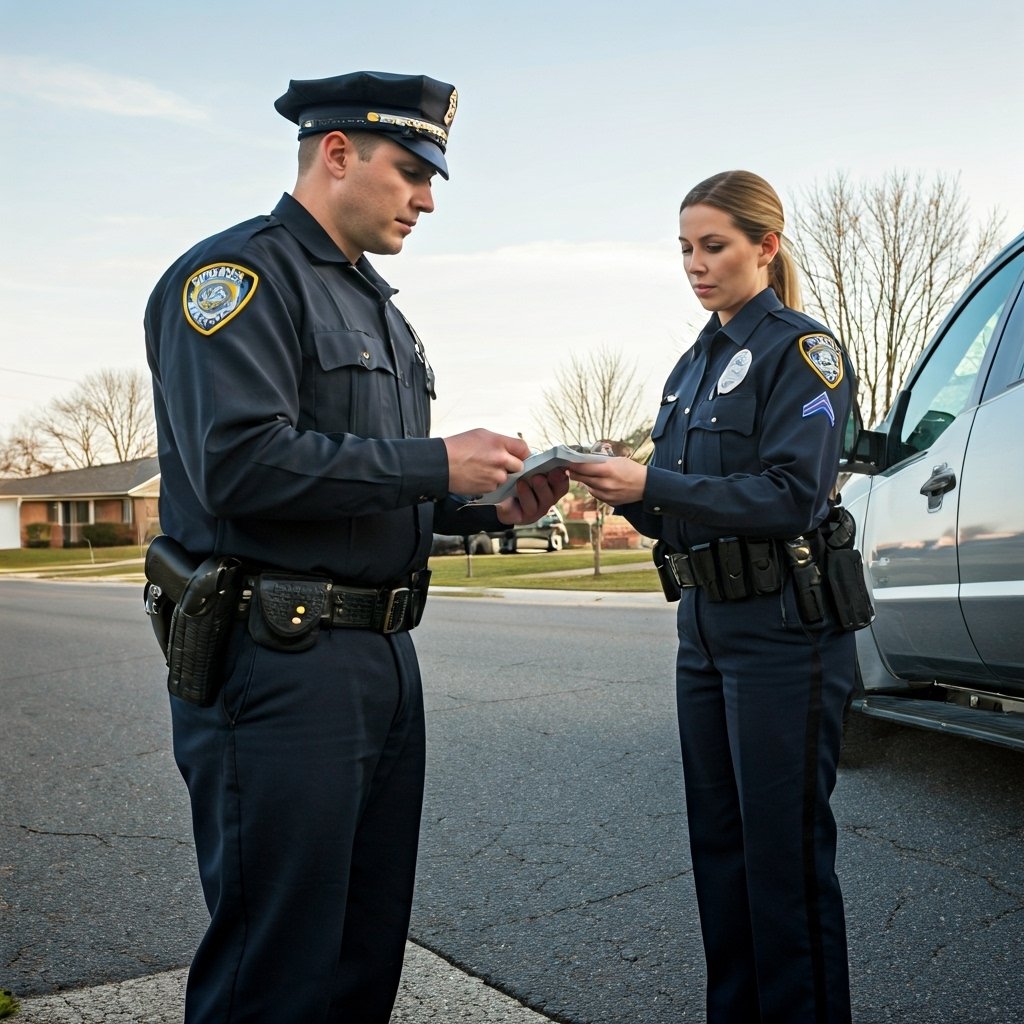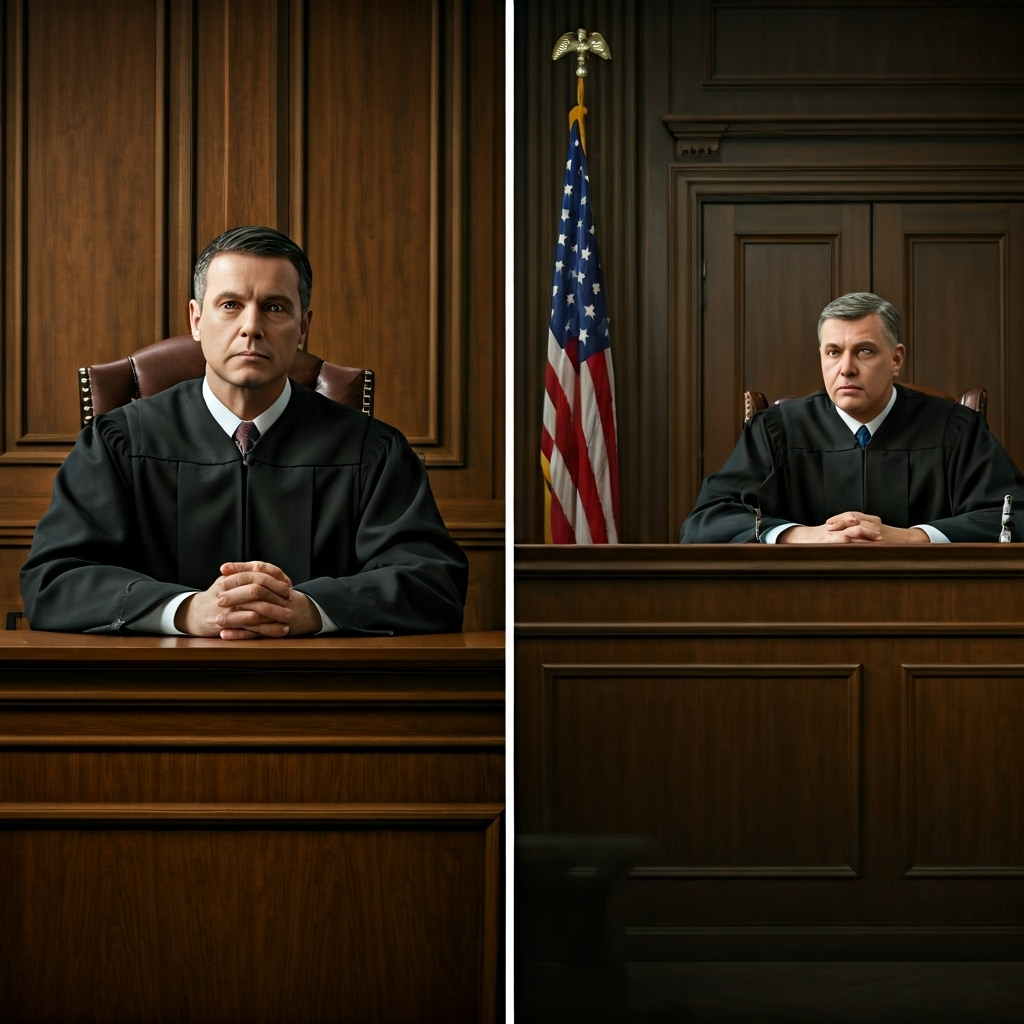What Is Negligent Driving 2nd Degree in Washington State?

Key Highlights
- Negligent driving 2nd degree in Washington State is a civil traffic infraction, not a criminal charge.
- It involves operating a motor vehicle negligently, failing to exercise ordinary care, and potentially endangering others.
- Penalties include fines, impacts on insurance premiums, and a negative mark on your record.
- It’s distinct from negligent driving 1st degree, which carries harsher criminal penalties.
- An experienced attorney can help fight a negligent driving ticket, potentially keeping it off your record.
- Understanding Washington State law can help you contest or mitigate this moving violation effectively.
Introduction
Washington State has rules about negligent driving that make drivers answer for unsafe actions on the road. One of these is negligent driving 2nd degree. This is a non-criminal traffic infraction. It happens when someone drives a motor vehicle in a careless way. This may sound like a small problem, but the effects can hurt your insurance, money, and driving record. These problems can build up fast. If you know the law, you can take better steps if you get a negligent driving 2nd degree citation in Washington. It may also help to talk to a lawyer, so you can lower the problems you face with your driving and your life.
Definition of Negligent Driving 2nd Degree in Washington State
 Under washington state law, negligent driving 2nd degree is when someone drives in a way that shows negligence and puts people or property at risk, or is likely to put them at risk. This is written in RCW 46.61.525. In washington, negligence happens if a driver does not use ordinary care. This means the driver did something—or did not do something—a reasonably careful person would do in similar circumstances.
Under washington state law, negligent driving 2nd degree is when someone drives in a way that shows negligence and puts people or property at risk, or is likely to put them at risk. This is written in RCW 46.61.525. In washington, negligence happens if a driver does not use ordinary care. This means the driver did something—or did not do something—a reasonably careful person would do in similar circumstances.
Negligent driving 2nd degree is not a criminal charge. It is a traffic infraction, so it is not as serious as higher levels of reckless or negligent charges. Still, there are real effects like fines and higher insurance. For many people, knowing this difference is important when they get a negligent driving ticket. This is true especially if the ticket comes from an officer’s personal opinion or what they think happened.
Legal Criteria and Elements of the Offense
To help you understand the offense, here are the main legal criteria for negligent driving 2nd degree in washington state. The main thing you need to look at is if there is a failure of a driver to use “ordinary care.” This means that a driver acted, or did not act, in a way that does not match what a reasonably careful person would do in similar circumstances.
As an example, not using your turn signal, crossing a yellow line, or speeding when roads are icy can be seen as negligent acts in washington. These actions do not need proof of the driver’s intent. Instead, an officer’s judgment decides if there was negligence.
In washington state law, there are different degrees of negligence. When it comes to 1st degree negligent driving, the law focuses on cases when there is substance use. The 2nd degree is for more general actions that show carelessness, but do not always involve substance use. This is important because this difference will change the type of punishment people can get and what will happen in their cases.
Common Examples and Scenarios
Everyday traffic infractions can lead to a negligent driving 2nd degree citation. These things may seem small at first, but they can add up and turn into a serious moving violation.
- Not using your signal during lane changes, or making a turn that is too abrupt or unsafe.
- Going through a red light, including times when you stop a little over the line at the intersection.
- Losing focus and drifting into a different lane or crossing over the yellow line by mistake.
- Driving too fast when it is icy, raining, or the weather is bad.
Law enforcement officers use their own judgment to decide what happened in these cases. Even if the officer did not see the accident, you can still get a negligent driving citation. If there is enough proof that you did not use ordinary care in the conditions, you may be charged.
Comparison with Negligent Driving 1st Degree
 You should know there are some big differences between negligent driving 1st degree and 2nd degree with Washington law. Negligent driving 1st degree is a criminal misdemeanor. This type of charge happens when you show negligence and be under the influence, like if you have alcohol or drugs in your system. The law says this charge can come with tough penalties. You could get up to 90 days in jail and pay a $1,000 fine.
You should know there are some big differences between negligent driving 1st degree and 2nd degree with Washington law. Negligent driving 1st degree is a criminal misdemeanor. This type of charge happens when you show negligence and be under the influence, like if you have alcohol or drugs in your system. The law says this charge can come with tough penalties. You could get up to 90 days in jail and pay a $1,000 fine.
Negligent driving 2nd degree is not the same. This one is called a civil infraction, not a crime. You might get fines and problems with your insurance, but there is no risk of jail. Knowing these things about negligent driving in Washington may help you see your choices if you ever get a charge.
Key Differences in Legal Standards
The rules for 1st degree and 2nd degree negligent driving are different under Washington law. The table below shows what sets them apart:
| Aspect | 1st Degree | 2nd Degree |
|---|---|---|
| Legal Nature | Criminal charge (Misdemeanor) | Civil traffic infraction |
| Requirement of Substance Use | Involves the influence of alcohol/drugs | Substance use not involved |
| Maximum Penalty | 90 days jail + $1,000 fine | $559 fine (standard cases) |
| Impact on Record | Possible permanent criminal record | 3-year traffic infraction record |
With 2nd degree negligent driving, there is no DUI part, and it is not as serious as 1st degree. But it still stays on your driving record and can affect your life under Washington law. Both types of negligent driving carry their own risks when you get behind the wheel.
Potential Consequences for Each Charge
The effects of a 1st degree or 2nd degree negligent driving charge are not the same. If you get a 1st degree conviction, you could have a criminal record. You may also face jail time and a fine that can go up to $1,000. If the police find that alcohol or drugs were involved, you might also have to use an ignition interlock device.
With a 2nd degree infraction, the penalties mostly involve money. You may have to pay a fine of $559. You could also see your insurance premiums go up and get points on your driving record. If the incident affects a vulnerable user, you might face even tougher penalties like losing your license for some time and paying bigger fines.
No matter if you have criminal or civil charges against you, it is a good idea to talk to an experienced attorney. Having someone like this on your side can help lower the effects and keep your future safe.
Penalties and Impact of a Negligent Driving 2nd Degree Conviction
Penalties for a negligent driving 2nd degree conviction in Washington State can have a big effect on a driver’s record and future. In Washington, this misdemeanor may lead to fines and higher insurance premiums. A driver can also get traffic infractions and even points added to their driving record. These points can make it more likely for the driver to face more serious charges, like negligent driving 1st degree. Knowing what could happen is important. That’s why it can help to talk to an experienced attorney if you get a negligent driving ticket. Many lawyers in Washington offer a free consultation so you can learn about your rights and what steps to take next.
Fines, License Implications, and Criminal Record
If you get a $559 fine for negligent driving 2nd degree, the mark will stay on your driving record for three years. This show on your record can make it harder to get good insurance rates. You may have to pay 20-25% more for your insurance premiums. If you pay $150 a month now, you could pay $30 more each month. Over three years, that can add up to about $1,000 more.
With 2nd degree negligent driving, it is not like first-degree negligent driving. There is no jail time, and it does not give you a criminal record. Still, there are some times when things can get worse. If your case has a vulnerable user as described in RCW 46.61.526, you might face a license suspension. It is a good idea to talk to an attorney so you can stop problems before they get bigger.
Conclusion
To sum up, knowing about negligent driving 2nd degree in Washington State is very important for anyone who drives. This is because the charge can affect your driving record, your insurance costs, and can also bring legal trouble. If you know the legal requirements, the possible punishments, and how 2nd degree is not the same as negligent driving 1st degree, you are better able to handle laws about driving in Washington. If you have to deal with a negligent driving charge, it is a good idea to think about what steps to take next. For help that fits your situation, you can get a free consultation from a legal expert. They can help you go through your case and answer what you need to know.
Frequently Asked Questions
Is negligent driving 2nd degree considered a criminal offense in Washington?
No, negligent driving 2nd degree is not a criminal charge in Washington. It is a civil traffic infraction. Still, this kind of infraction can bring some real costs, like having to pay fines or facing higher insurance rates. All this is written under RCW 46.61.525.
Will a negligent driving 2nd degree ticket affect my insurance rates?
Yes, when you get a negligent driving ticket, you will likely see your insurance premiums go up. Insurance companies treat this as a moving violation, so it can raise your costs by about 20-25%. This increase will usually last for three years. It does not matter which level of negligent driving you get. Insurance companies often do not make a difference between degrees when they decide your new rates.
Can I contest a negligent driving 2nd degree charge in court?
Yes, you can fight a negligent driving 2nd degree citation in court. If you work with an experienced attorney, you get help taking on the officer’s judgment. You can make a strong case in front of the court. This may let you avoid bad marks on your driving record.
How does negligent driving 2nd degree differ from reckless driving?
The main difference comes from why the act was done. Reckless driving is when someone chooses to ignore safety on purpose. This is a crime in Washington. On the other hand, negligent driving 2nd degree happens because of carelessness, not because the person wanted to harm anyone. Under Washington State law, this is a traffic infraction, not a crime.
What should I do if I receive a negligent driving 2nd degree citation?
If you get a citation for negligent driving 2nd degree, you should look for a free consultation with an experienced attorney right away. The attorney can help you fight the citation, deal with any legal trouble, and work to stop fines or high insurance bills under Washington law..
Call Now or USE contact form a for same-day response:









Thanks to their expertise, the fines were successfully dismissed, and I felt fully supported throughout the process. I highly recommend this attorney to anyone looking for reliable, knowledgeable, and truly dedicated legal help.

